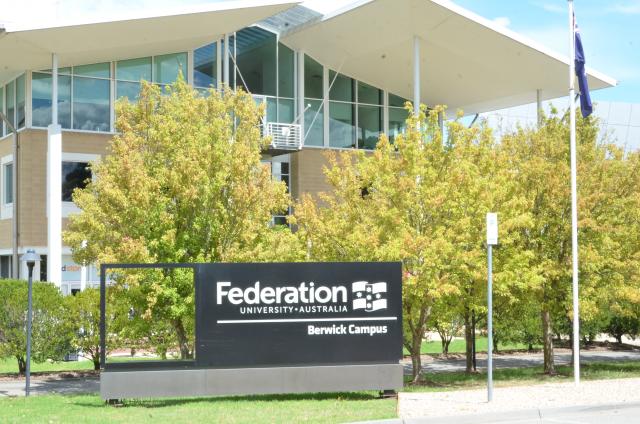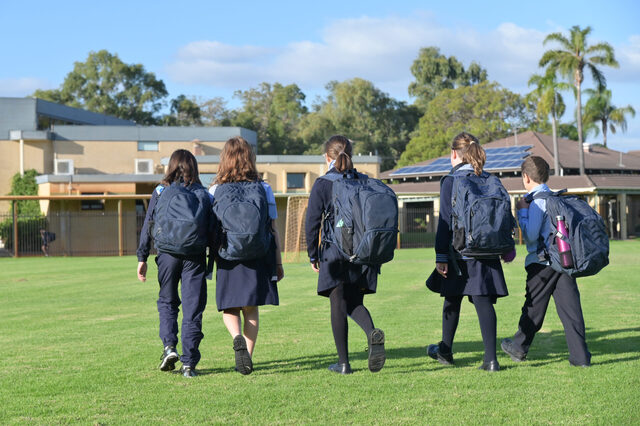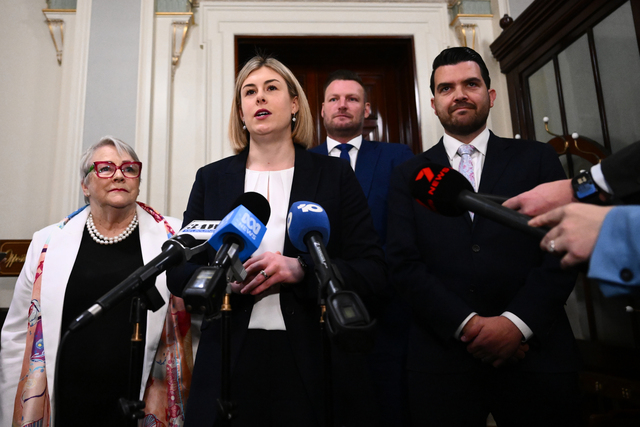Conversations between the National Tertiary Education Union Federation University branch and the university executive remain ongoing as they push back against changes which would lead to about 200 job losses as the university struggles to return to a operating surplus after a drop of $79.1 million in the university’s revenue since 2019.
Announced on Friday 22 March, the Future Fed program will lead to 12 per cent of ongoing staff being made redundant, with the university inviting staff to express interest in a voluntary redundancy process.
According to the university, the number of international students is down 49 per cent compared to 2019, leading to a $79.1 million decline in revenue, due to unexpected changes to international student visa arrangements.
Federation University Vice-Chancellor and President Professor Duncan Bentley said universities across the country are facing similar issues with low numbers of international students.
“Since Covid-19, the environment for Australian universities has become more challenging and Federation is no different,” he said.
“As a public university we have an obligation to ensure we operate sustainably and are generating sufficient surpluses to reinvest in students, staff, and teaching and research.”
The program announcement followed on from a previous voluntary redundancy offer made in November 2021 towards replacing its six schools with three academic schools, as well as staff striking last May demanding better pay and conditions, after the institution reported an operating deficit of $41.2 million in its 2022 annual report.
Professor Bentley said the transformation will require difficult decisions.
“We acknowledge the impact of these on our people and communities and we will be doing everything we can to support them through the process,” he said.
“The decisions are necessary for us to strengthen investment in the strategies that set Federation apart and underpin our long-term growth.
“Central among these is our co-operative learning model – getting students work-ready through direct connection to employers, paid placements, career preparation and workplace skill development.”
Professor Bentley said the new program will allow the university to progress into the future.
“Federation has a unique and powerful role supporting the development of regional Victorian communities,” he said.
“The Future Fed transformation will provide the foundation necessary for us to seize the mantle as the natural university of choice for regional Victoria.”
National Tertiary Education Union branch president Dr Mathew Abbott said the cuts will have a negative impact on the university’s offerings.
“Federation University has revenue problems due to declining student numbers, but by removing academic offerings and student support services these cuts will make these problems far worse.”
“I think the cuts are premature.
“We’re calling on the management to wait.”
Dr Abbott said a number of cuts to course offerings and support services had already left the university’s student services, such as counselling services “overrun”.
“I think it’s an example of inappropriate management,” he said.
“It puts staff and students into a situation of uncertainty and stress.”
Launched in February, the Australian Universities Accord Final Report recommended partnerships with industry to fill critical skills shortages as a key priority for regional universities.
According to Federation University, they are continuing to work closely with the Federal Government to explore appropriate models for attracting talented international students and the contribution they make to diverse student bodies and local economies.

















